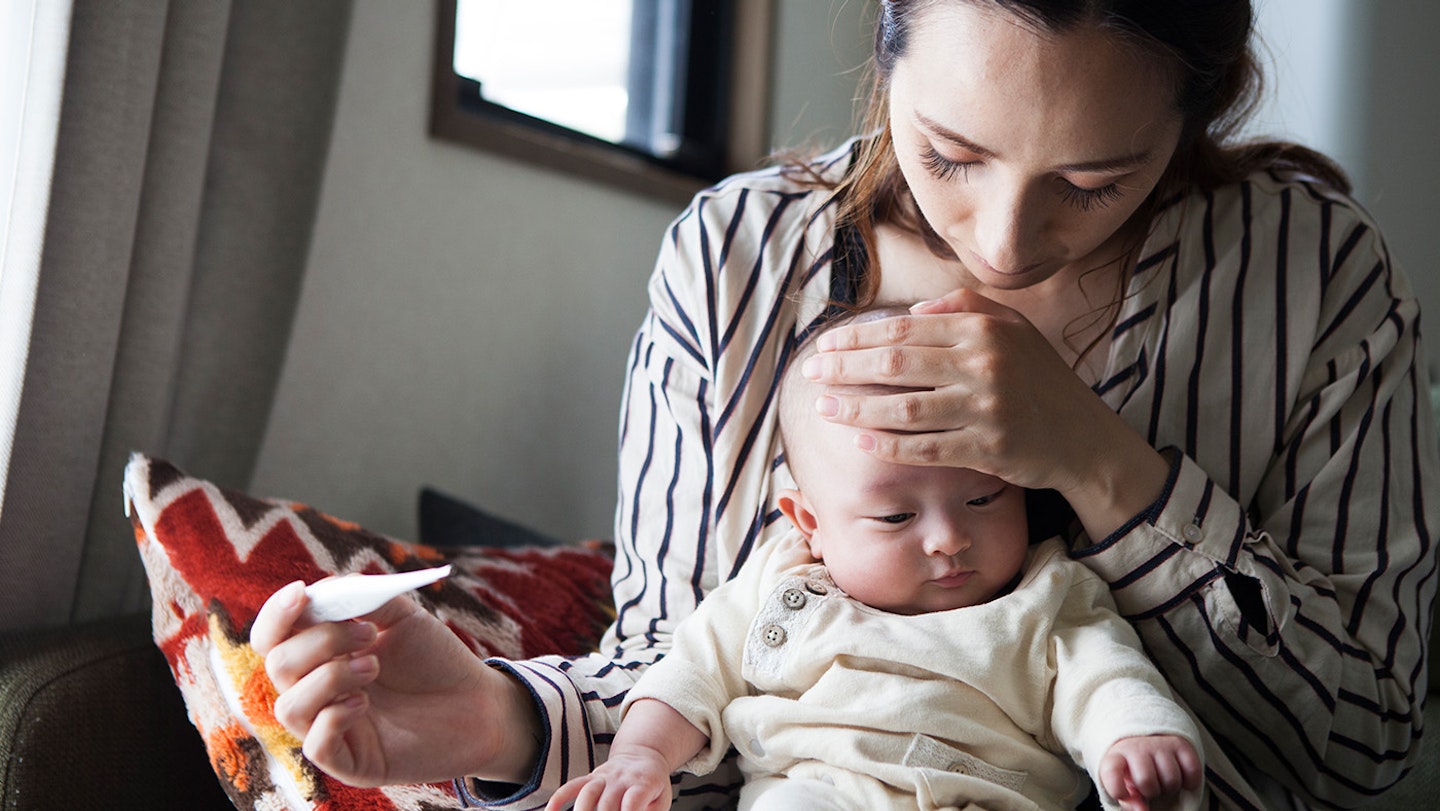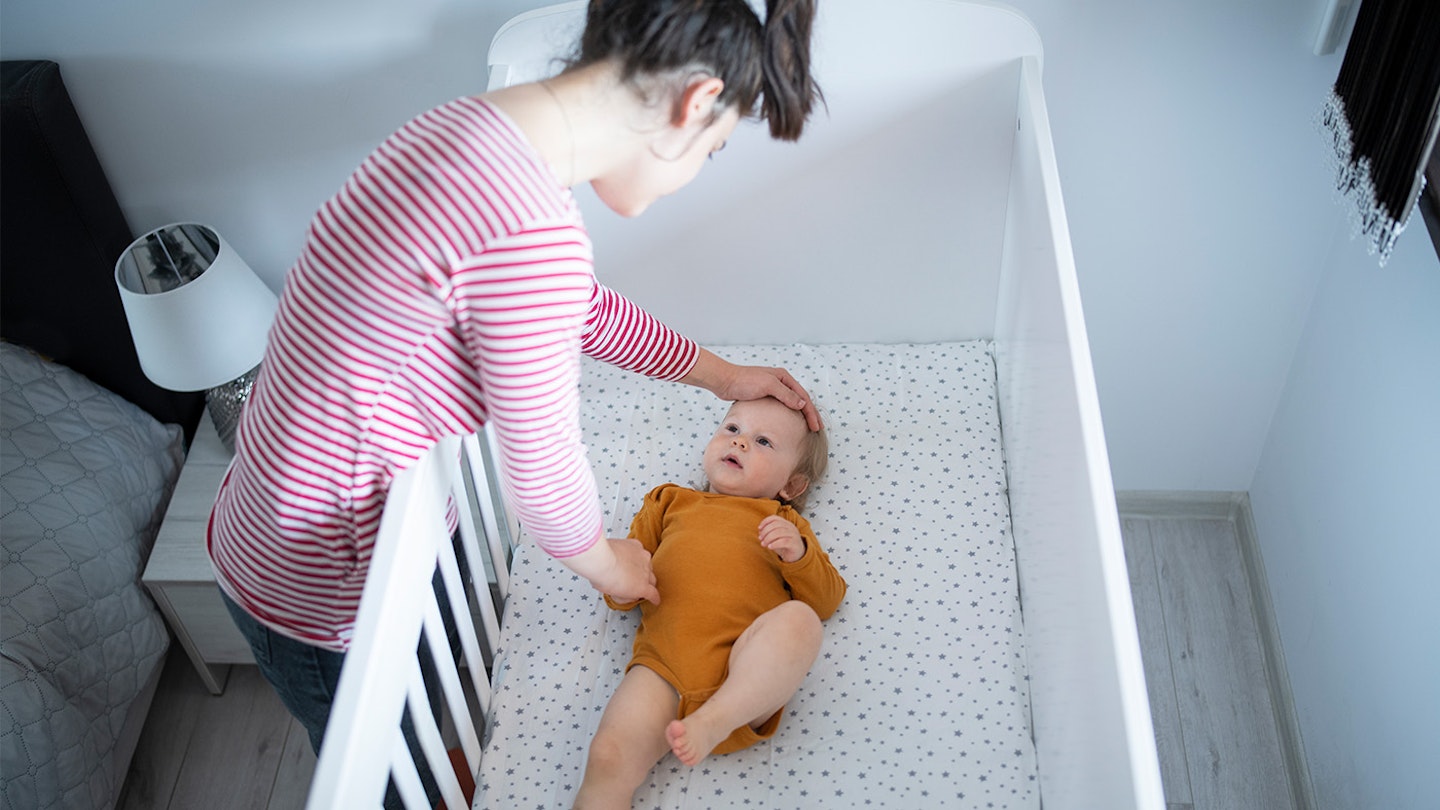
Medically Reviewed by: Dr José Costa, MD
A febrile seizure can be a scary experience to witness as a parent, especially when your child is so young. If you have concerns your child may be having febrile seizures or are simply curious to know more, Dr José Costa, Senior Paediatric Consultant at The Childrens Allergy Clinic is here to explain more.
Febrile seizure symptoms
A febrile seizure is a type of convulsion, lasting a few seconds and generally less than 15 minutes, followed by a period of drowsiness. It only occurs once in a period of 24 hours and is caused by a fever of above 38°C.
It tends to occur in children between nine months and five years of age, although it can happen to children slightly younger or older on rare occasions.
How common are they?
The peak age of onset of febrile seizures is between 14 and 18 months of age, and it can affect between 3 - 4% of children. However, this number varies slightly depending on the research and how the seizure was classified.
Boys tend to be more affected than girls, with a ratio of 1.6 to 1. If there is a strong family history of febrile seizures, especially in siblings, this is likely to be associated with a genetic condition, which should be investigated further.
What causes a febrile seizure?
The onset of a febrile seizure is caused by the rapid rise of the child’s core temperature - usually to above 39°C, although some children can have one at a lower temperature of 38°C.
As an infection causes temperatures to rise to this level, it is essential to rule out the most worrying ailments affecting the central nervous system, like meningitis, encephalitis or sepsis in babies.

Types of febrile seizure
Simple febrile seizures are isolated fits lasting less than 15 minutes that do not recur within 24 hours or within the same febrile illness, with complete recovery within 1 hour.
Complex febrile seizures are when seizures last more than 15 minutes or several convulsions within 24 hours. These convulsions can be isolated or partial convulsions, sometimes just on one side of the body, or when other changes are noted during the recovery period. They can also be associated with a recovery lasting over 1 hour.
Simple and complex febrile seizures are caused by a rapid spike in temperature and any child can have one without an underlying health issue. However, a child with a health condition that causes seizures (Epilepsy for example) will be more susceptible to seizures when they have a temperature. This can be a temperature that rises either gradually or rapidly. It is very important to call emergency services if your child has a seizure of any kind.
What to do if a child is having a febrile seizure
Call the emergency services and in the meantime observe your child closely in terms of whether they are conscious, and whether their breathing and colour are normal. They can be sat up or lying down, as long as their head is supported upright. If they are having a seizure, you can place them on their side in the recovery position.
If possible, start timing the length of the seizure, as this will be important to determine its type. At the same time, try also to measure the child’s temperature.
The child will need to be seen by the local paediatric team, so they can decide if this was a simple febrile seizure, or if further investigations or treatment are required.
Is a febrile seizure an emergency?
A simple febrile seizure is not an emergency, as it self-resolves. However urgent attention will be needed if it is out of the normal age range, if it is complicated or recurs within 24 hours. For these, the local paediatric team will consider admission to the ward and perform several investigations.
How to prevent febrile seizures
Although it was thought that giving medication to lower a child's temperature when they have any illness would help, we now know that it does not.
This is due to the fact that a febrile seizure will occur when there is a rapid rise in temperature, which antipyretics will not be able to prevent.
About the expert
Dr José Costa is a senior consultant paediatrician, specialising in the latest research, medical guidance and insight on childhood food allergies, Rhinitis (Hay Fever), Eczema, Asthma and associated conditions.
